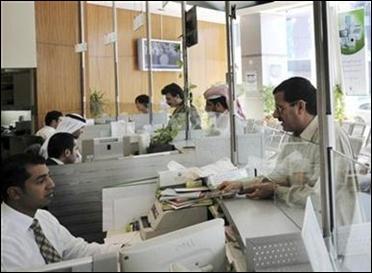 The Reserve Bank on Tuesday announced a slew of measures, including a simplification of the stringent KYC (know-your-customer) norms, to make banking easier for the common man.
The Reserve Bank on Tuesday announced a slew of measures, including a simplification of the stringent KYC (know-your-customer) norms, to make banking easier for the common man.
"It is proposed to review the existing KYC norms for simplifying them within the provisions of the Prevention of Money Laundering Act and international standards," RBI said in its second quarter policy review.
The central bank also said it will launch a pilot project, using the Aadhar data collected by Nandan Nilenkani-headed Unique Identification Authority, to authenticate banking transactions at ATMs and merchant terminals.
The Aadhar's biometric details can be used for banks along with the MagStripe (for reading coded information) as an additional factor of authentication for "card present" transactions, it said, adding the pilot project will be launched in New Delhi from November 15.
With the usage of the national electronic fund transfer (NEFT) increasing, it has been decided to have an additional batch of clearing at 0800 hrs in the NEFT system from November 19, the RBI said.
On the cheque transaction front, RBI said its 'cheque truncation' system used for paper clearing will have a national rollout by December next year.
As the world heads towards more modern electronic payment system, with some countries like Britain moving towards discontinuation of the cheque system, RBI has decided to prepare a discussion paper on disincentivising issuance and usage of cheques and place it for public comments by this December.
The RBI has also accorded a general permission to banks for the issue of co-branded debit and rupee denominated pre-paid instruments, which till now has to be cleared by RBI.
On coin availability, the RBI review report cites the report of a recent high level committee on demand for coins and said banks will be encouraged to explore the possibility of introducing the "franchisee model" for distribution of small notes and coins.
Additionally, drawing from the experience in the priority sector lending (PSL) model, each bank may also be given a lead bank status for a particular area for the management of coins and currency.
The RBI report also said: "Credit institutions may not be furnishing accurate and timely credit data to the credit information companies (CICs) in some cases and also are not relying as much on available credit information at the time of taking a credit decisions as they should". It asked them to change these practices.
On the currency counterfeiting front, it said the state-run banks which account for 90 percent of currency chests are slow in reporting such incidents, while private sector banks with only 10 percent of currency chests account for 90 percent of the reporting.











 © 2025
© 2025